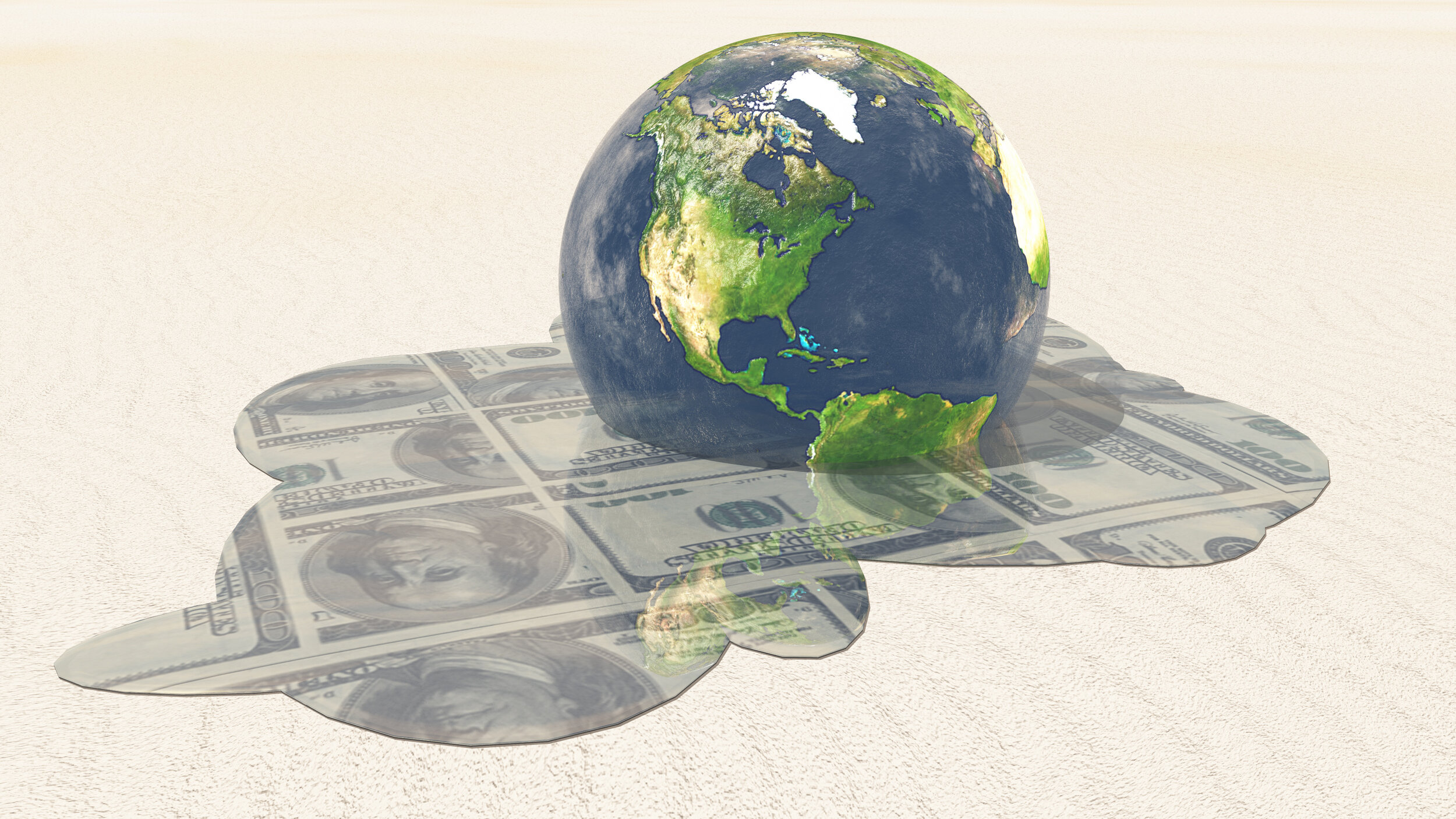Climate change is already causing significant economic impacts today and will do so increasingly in the future.
These impacts affect different aspects of the economy, public health, and the natural environment. Information on the economic impacts of climate change, and the costs and benefits of alternative courses of action, is increasingly required by decision-makers who wish to reduce the risks of climate change most efficiently. Our work focuses on generating economic information and tools to help decision-makers and practitioners make the case to invest in climate mitigation and adaptation, and to inform the selection, timing and level of investment in specific actions.
How do we help people make the right decisions?
First, we develop an appropriate economic framework and choose techniques for the problem at hand.
Second, we collect the information needed to apply the chosen methods—assembling relevant data and qualitative evidence.
Third, we analyse the outcomes and advise on the best mechanisms to deliver these outcomes—whether Adaptation Pathways to achieve climate resilience goals or incentive programs or information provision to achieve energy efficiency goals.
Mitigating Climate Change
Reducing greenhouse gas (GHG) emissions is a global priority. What communities need is to understand their main sources of emissions, a range of options to reduce them, details about the associated impacts, costs and benefits and how these differ across sources, technologies and over time.
Adapting to Climate Change
Some changes to our climate are now inevitable. While we try to reduce GHG emissions, we also need to adapt to the impacts of climate change. Economic analysis can provide invaluable information on the worth, efficiency and affordability of climate adaptation projects and strategies.



